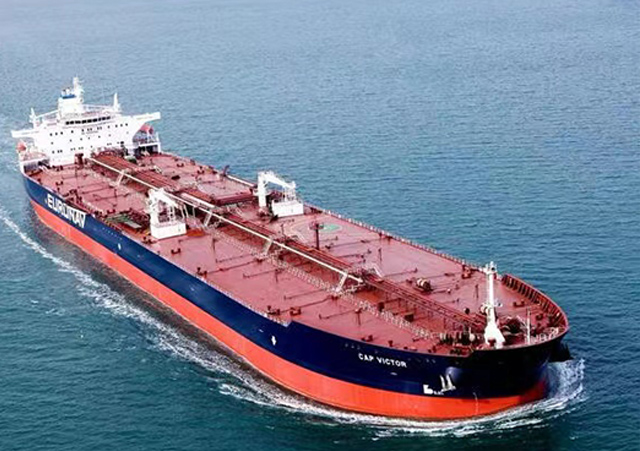1、 Jurisdiction over ship maintenance
If a dispute over ship maintenance arises from maritime damage, it shall be under the jurisdiction of the people’s court of the place where the collision occurred, the place where the collision vessel first arrived, the place where the damaged vessel was detained, or the place where the defendant has his domicile.

Civil Procedure Law of the People’s Republic of China
Article 30 Jurisdiction over Maritime Accidents
A lawsuit filed for compensation for damages caused by a collision of ships or other maritime accidents shall be under the jurisdiction of the people’s court of the place where the collision occurred, the place where the collision ship first arrived, the place where the infringing ship was detained, or the place where the defendant has his domicile.
Article 32 General Average Jurisdiction
A lawsuit brought due to general average shall be under the jurisdiction of the people’s court of the place where the ship first arrived, the place of general average adjustment, or the place of termination of the voyage.
2、 Principle of compensation for ship damage
Our country adopts the principle of fault liability for damages caused by ship collisions. Ship collision damage compensation refers to the situation where the parties to the collision only bear compensation responsibility for illegal damages caused by their intentional or negligent actions.
The fault situations in ship collisions can be divided into three types:
All parties are at fault, one party is at fault, and each party is at fault.
The Maritime Law stipulates the handling methods for ship collisions caused by three types of negligence:
(1) Collision without fault of all parties
A collision without fault by all parties is a collision that does not exist or cannot be proven to have been caused by human factors,
Such as collisions caused by force majeure, accidents, or unexplained collisions.
After a collision without fault by all parties, the parties involved in the collision shall not be liable to each other for compensation, and the losses shall be borne by the victims themselves.
(2) Unilateral negligent collision
Unilateral negligent collision refers to a collision caused by the fault of a ship,
The party at fault shall bear its own losses and be liable for compensation for the losses of the other party.
(3) Mutual negligence collision
In the event of a collision between vessels at fault, each vessel shall bear compensation liability in proportion to the degree of fault.
If the degree of negligence is equivalent or the proportion cannot be determined, the compensation responsibility shall be borne equally by all parties.
But if the collision caused by mutual negligence causes personal injury or death to a third party, the negligent party shall bear joint and several liability.
